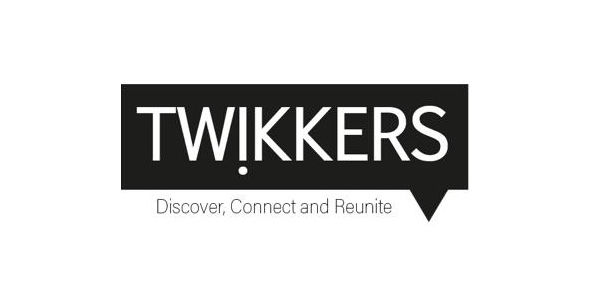In the pharmaceutical industry, marketing plays a critical role in ensuring that innovative medicines and treatments reach the right audiences. The landscape of marketing pharmaceutical solutions has evolved significantly, driven by technology, regulatory changes, and shifting customer expectations. By adopting targeted strategies and leveraging advanced tools, pharmaceutical companies can navigate this complex environment effectively.
Understanding Marketing in the Pharmaceutical Industry
Marketing pharmaceutical solutions involves promoting drugs, treatments, and healthcare services to healthcare professionals (HCPs), patients, and other stakeholders. Unlike traditional marketing, it requires adherence to strict regulations and a deep understanding of the healthcare landscape.
Key components of pharmaceutical marketing include:
- Educating HCPs about the latest treatments.
- Building patient trust through transparent communication.
- Staying compliant with industry regulations.
Strategies for Effective Marketing Pharmaceutical Solutions
- Leverage Data-Driven Insights
Modern pharmaceutical marketing relies heavily on data to identify customer needs and predict market trends. Platforms like P360’s BirdzAI enable companies to analyze customer behaviors, segment audiences, and personalize outreach. - Embrace Digital Channels
With more HCPs and patients relying on online platforms, digital marketing is crucial. Utilizing email campaigns, social media, and search engine optimization (SEO) can expand outreach while maintaining cost efficiency. - Content Marketing
Providing educational content builds trust and establishes the brand as an authority. Blogs, whitepapers, and case studies tailored to specific audience needs help connect with both HCPs and patients. - Targeted Customer Engagement
Personalized messaging ensures that marketing efforts resonate with individual stakeholders. Advanced customer relationship management (CRM) tools streamline this process, enabling precise targeting and nurturing. - Regulatory Compliance
Maintaining compliance with laws like HIPAA and FDA guidelines is non-negotiable. Marketing strategies must prioritize accuracy and transparency to avoid legal complications.
Benefits of Marketing Pharmaceutical Products Effectively
- Increased Brand Awareness
Effective marketing enhances brand visibility among HCPs and patients, creating stronger brand recognition. - Improved Patient Outcomes
Educating patients about drug benefits and adherence improves health outcomes, reinforcing brand value. - Efficient Resource Allocation
Data-driven marketing ensures resources are focused on high-potential audiences and campaigns. - Competitive Edge
Innovative marketing strategies help companies differentiate themselves in a crowded market. - Regulatory Confidence
Adhering to compliance builds trust with customers and regulatory bodies alike.
Trends Shaping Marketing Pharmaceutical Strategies
- AI and Automation
Artificial intelligence (AI) is transforming pharmaceutical marketing by automating routine tasks, analyzing data, and predicting trends. Tools like BirdzAI offer real-time analytics to refine marketing efforts. - Omnichannel Marketing
Reaching customers through multiple integrated channels—social media, email, and in-person meetings—ensures consistent messaging. - Focus on Patient-Centricity
Patients are increasingly involved in healthcare decisions. Marketing strategies now prioritize patient education, convenience, and transparency. - Virtual and Hybrid Events
Virtual meetings and webinars have become standard for engaging HCPs, especially post-pandemic. These formats save costs while maintaining high levels of interaction. - Ethical Marketing Practices
Transparency, honesty, and adherence to ethical standards are now more important than ever. Companies that focus on ethical marketing build long-term trust with their audiences.
Challenges in Marketing Pharmaceutical Products
- Strict Regulations
Marketing pharmaceutical solutions requires navigating complex regulations, which can limit creativity and agility. - Changing Customer Expectations
Patients and HCPs demand more personalized, value-driven interactions, challenging traditional one-size-fits-all approaches. - Data Privacy Concerns
Handling sensitive healthcare data requires robust security measures to comply with privacy laws like GDPR and HIPAA. - Competitive Market
With numerous players in the pharmaceutical industry, standing out requires innovative and impactful strategies.
How P360 Supports Pharmaceutical Marketing
P360 offers comprehensive solutions to enhance pharmaceutical marketing strategies. From advanced CRM tools to AI-driven platforms like BirdzAI, P360 helps businesses streamline operations, understand customer needs, and implement personalized marketing campaigns.
By providing real-time analytics, workflow automation, and targeted engagement tools, P360 empowers pharmaceutical companies to adapt to industry demands and achieve marketing success.
Conclusion
Marketing pharmaceutical products effectively is a blend of innovation, compliance, and customer understanding. By adopting data-driven insights, leveraging digital tools, and staying patient-centric, companies can thrive in a competitive market
